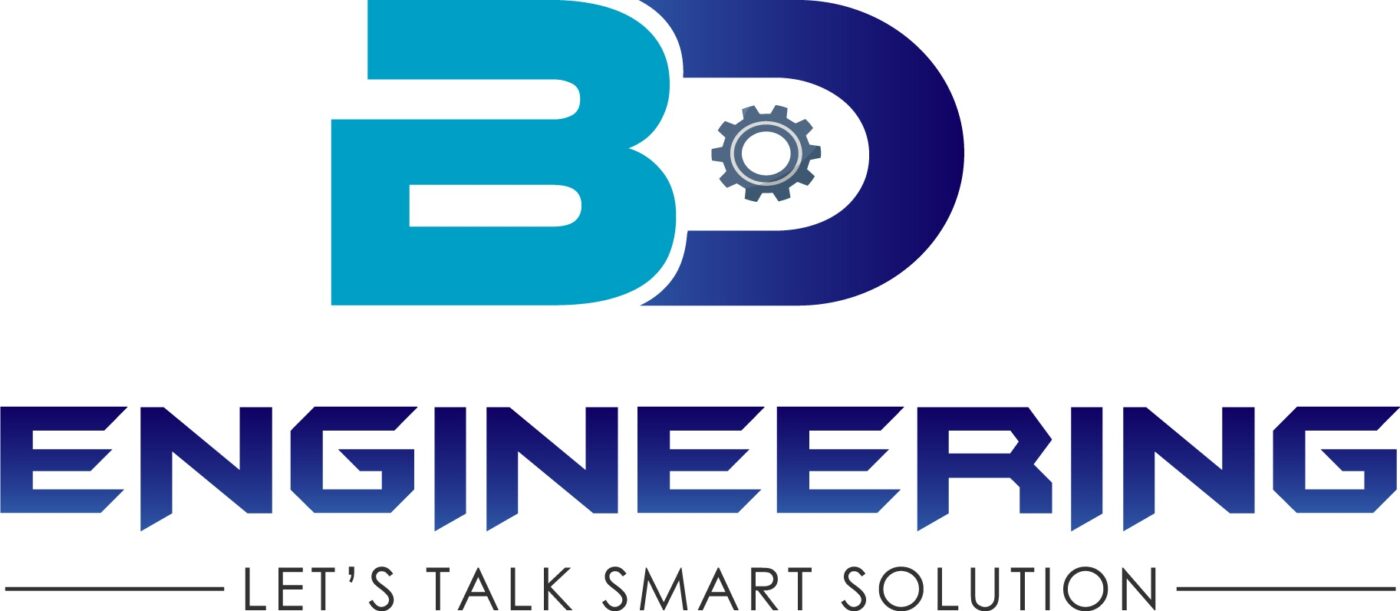PLC (Programable Logic Controller)
A Programmable Logic Controller (PLC) is a digital computer used for industrial automation and control systems. It is designed to perform specific control functions, such as monitoring inputs from various sensors and controlling outputs to actuators or other devices, based on a programmed logic. PLCs are widely used in manufacturing processes, machinery control, and industrial automation.
The main components of a PLC system typically include:
CPU (Central Processing Unit): The CPU is the brain of the PLC, responsible for executing the control program, managing data storage, and coordinating the input/output (I/O) operations.
Memory: PLCs have different types of memory, including program memory to store the control logic, data memory for storing variables and temporary data, and non-volatile memory to retain programs and data even when power is lost.
Input Modules: These modules receive signals from various input devices, such as switches, sensors, or transmitters, and convert them into digital signals that the PLC can process.
Output Modules: These modules receive control signals from the PLC and convert them into suitable forms to actuate devices such as motors, valves, or solenoids.
Communication Interfaces: PLCs often include communication ports to connect with other devices or systems, such as Human-Machine Interfaces (HMIs), supervisory control and data acquisition (SCADA) systems, or other PLCs for distributed control.
Programming Software: PLCs are programmed using specialized software that allows users to define the control logic, configure I/O, set up communication, and monitor the system’s operation.
PLCs offer several advantages in industrial automation, including flexibility, reliability, and the ability to handle complex control tasks. They can be easily reprogrammed or modified to adapt to changing process requirements without the need for extensive rewiring or hardware changes. PLCs also provide real-time monitoring and diagnostics capabilities, making it easier to troubleshoot and maintain the control system.
Overall, PLCs play a vital role in industrial control and automation, enabling efficient and precise control of machinery and processes in various industries.

